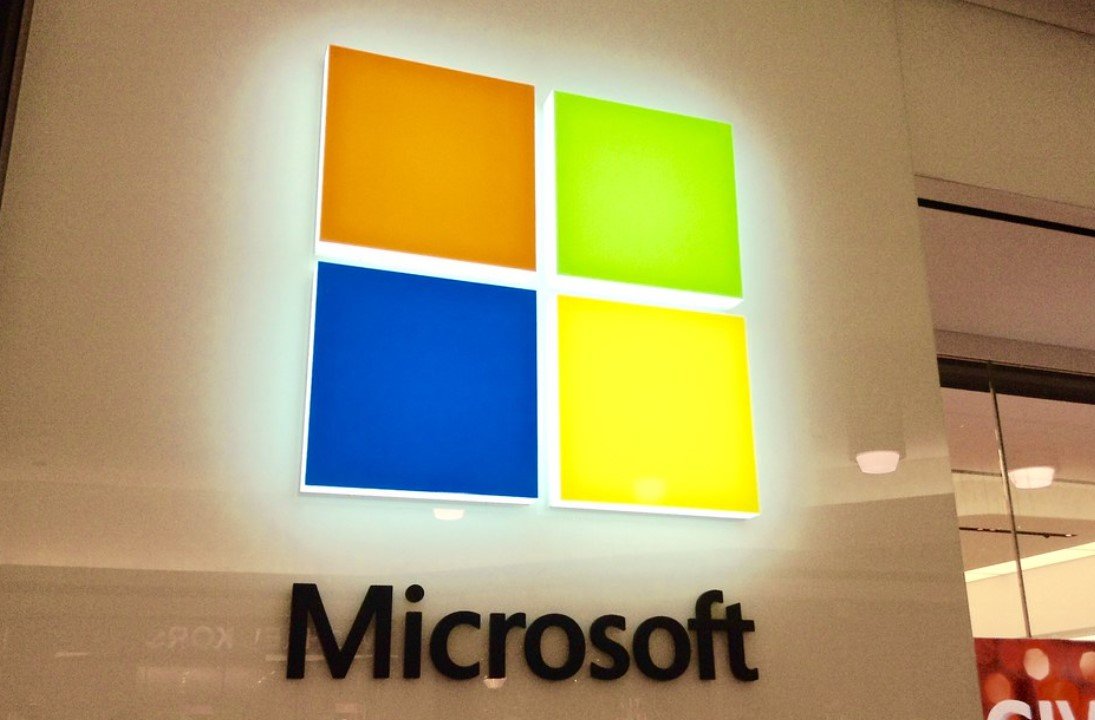Microsoft has announced a massive $60 billion share buyback program, signaling a strong commitment to returning value to shareholders. This move comes alongside a 10% increase in its quarterly dividend, reflecting the tech giant’s robust financial health. Meanwhile, Apple faces challenges with its latest iPhone 16, as reports indicate lower-than-expected demand. This article explores the implications of Microsoft’s buyback and Apple’s struggles, providing insights into the broader tech market dynamics.

Microsoft’s Strategic Buyback and Dividend Hike
Microsoft’s announcement of a $60 billion share buyback program marks one of the largest repurchase schemes in the tech industry this year. This new program replaces the previous $60 billion buyback initiated in 2021 and has no set expiration date. The decision to increase the quarterly dividend by 10% to 83 cents per share further underscores Microsoft’s commitment to rewarding its shareholders.
The buyback and dividend hike come at a time when Microsoft is heavily investing in growth areas such as artificial intelligence (AI) and cloud computing. Despite these investments, the company has managed to maintain a strong balance sheet, allowing it to return substantial cash to shareholders. Microsoft’s shares edged up 0.7% in after-hours trading following the announcement, reflecting investor confidence in the company’s financial strategy.
Analysts view the buyback as a strategic move to bolster shareholder value and signal confidence in the company’s future prospects. By reducing the number of outstanding shares, Microsoft aims to increase earnings per share (EPS) and enhance the stock’s attractiveness to investors. This approach aligns with the broader trend among tech giants to balance growth investments with shareholder returns.
Apple’s iPhone 16 Demand Concerns
In contrast to Microsoft’s positive news, Apple is grappling with sluggish demand for its latest iPhone 16. Reports indicate that demand for the new model is down 15% compared to the iPhone 15 launch. This decline has raised concerns among investors, leading to a 2.8% drop in Apple’s stock price.
Analysts attribute the lower demand to several factors, including market saturation and consumer hesitation to upgrade. The iPhone 16’s key selling point, Apple Intelligence, is set to roll out next month, and some consumers may be waiting for this feature before making a purchase. Additionally, the starting price of $799 may be a deterrent for some buyers, especially in a competitive smartphone market.
The early sluggishness in iPhone 16 sales adds pressure on Apple to deliver innovative features that can reignite consumer interest. The integration of AI and other advanced technologies will be crucial in differentiating the iPhone 16 from its predecessors and competitors. Apple’s ability to adapt to changing consumer preferences and market conditions will determine its success in the coming months.
Broader Market Implications
The contrasting fortunes of Microsoft and Apple highlight the dynamic nature of the tech sector. While Microsoft is leveraging its financial strength to reward shareholders and invest in future growth, Apple faces the challenge of maintaining its market leadership amid evolving consumer demands.
Microsoft’s buyback and dividend hike are likely to influence other tech companies’ capital allocation strategies. As one of the largest companies globally, Microsoft’s actions can set a precedent for others in the industry. Companies may increasingly prioritize shareholder returns, especially in an environment where achieving growth becomes more challenging.
For Apple, the focus will be on addressing the factors contributing to the sluggish iPhone 16 demand. The company’s ability to innovate and offer compelling features will be key to reversing the current trend. Investors will be closely watching Apple’s performance in the upcoming quarters to gauge its resilience and adaptability.
In conclusion, Microsoft’s $60 billion share buyback and dividend hike reflect its strong financial position and strategic focus on shareholder value. Meanwhile, Apple’s struggles with iPhone 16 demand underscore the competitive pressures in the tech market. As these two giants navigate their respective challenges and opportunities, their actions will have significant implications for the broader industry.








